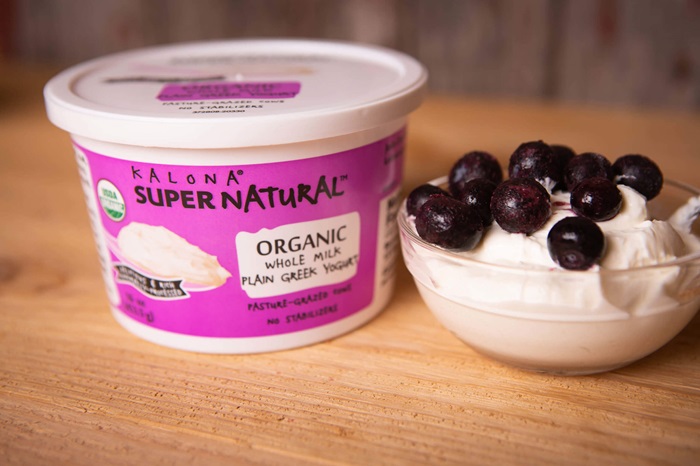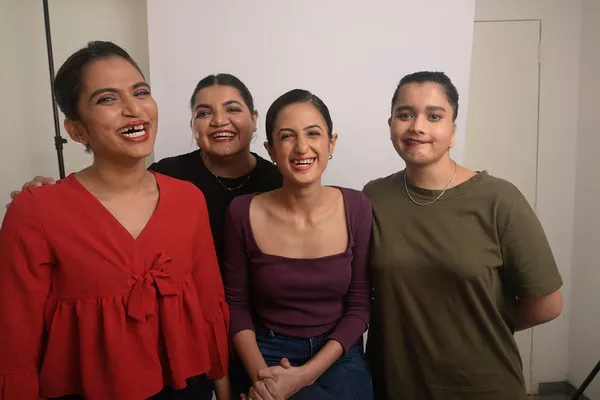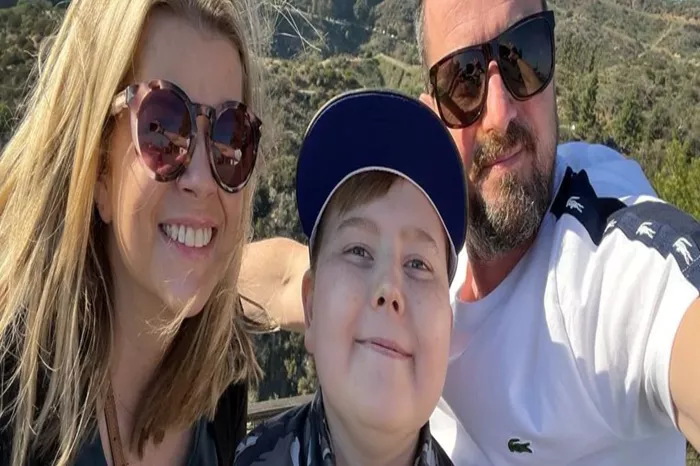The UK’s National Health Service (NHS) is set to make a major push in medical research by inviting millions of people to participate in crucial dementia and cancer trials, with phone calls being a key means of outreach.
In the realm of cancer trials, the NHS is leading the way with groundbreaking initiatives. One of the most significant is the Galleri blood – testing trial. This “holy grail” of blood tests, developed by Grail, has the remarkable ability to diagnose 50 types of cancer before symptoms even appear. By detecting chemical changes in cell – free DNA (cfDNA) that leak from tumors into the bloodstream, the Galleri test can not only identify cancers that lack routine screening but also accurately pinpoint the origin of the disease within the body.
Currently, the trial is involving 140,000 Britons aged between 50 and 77, hailing from various backgrounds and ethnicities across eight NHS cancer treatment alliances, including regions like Cheshire and Merseyside, Greater Manchester, and London. Participants are required to provide blood samples at local mobile clinics, and will be invited back after 12 months and again two years later for additional samples. Although the Galleri test cannot detect every single cancer nor replace existing NHS free screening programs for breast, cervical, and bowel cancers, its potential to transform early cancer detection is immense. If successful, the NHS plans to expand the trial to one million people in 2024 and 2025.
In addition to cancer research, the NHS is also ramping up efforts in dementia trials. With the increasing prevalence of dementia, understanding its causes and finding effective treatments have become urgent priorities. The NHS’s initiatives in this area aim to recruit a large number of participants to study the disease, identify potential risk factors, and test new therapeutic approaches.
The NHS is leveraging multiple strategies to increase participation in these trials. One significant development is the introduction of a new feature on the NHS App, which allows users to browse and sign up for clinical trials. Eventually, the app will automatically match patients with studies based on their interests and health data, and send push notifications about relevant new trials. This move is part of the government’s 10 – year health plan, which aims to streamline the trial setup process. Currently, setting up a trial in the NHS takes around 250 days, but the plan projects that commercial trial set – up times will be reduced to 150 days by March 2026, a historic reduction.
Health Secretary Wes Streeting emphasized the importance of these initiatives, stating that the 10 – year plan will combine scientific innovation with healthcare services, putting NHS patients at the forefront of accessing new treatments. “The British people showed they were willing to be part of finding the vaccine for Covid, so why not do it again to cure cancer and dementia?” he said.
The NHS is also particularly encouraging under – represented groups, such as young people, and black and south Asian individuals, to register for trials. Dr Richard Oakley from the Alzheimer’s Society welcomed the initiative, highlighting its potential to “really increase the number and diversity of people taking part in critically – important dementia research”, which is crucial for ensuring that emerging treatments are effective for everyone.
With the use of phone calls and digital platforms like the NHS App, the NHS hopes to reach a wide range of people and significantly boost participation in these vital dementia and cancer trials, bringing hope for improved diagnosis, treatment, and ultimately, better health outcomes for millions.
Related topics:
































